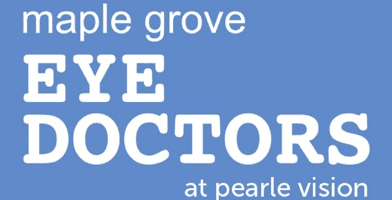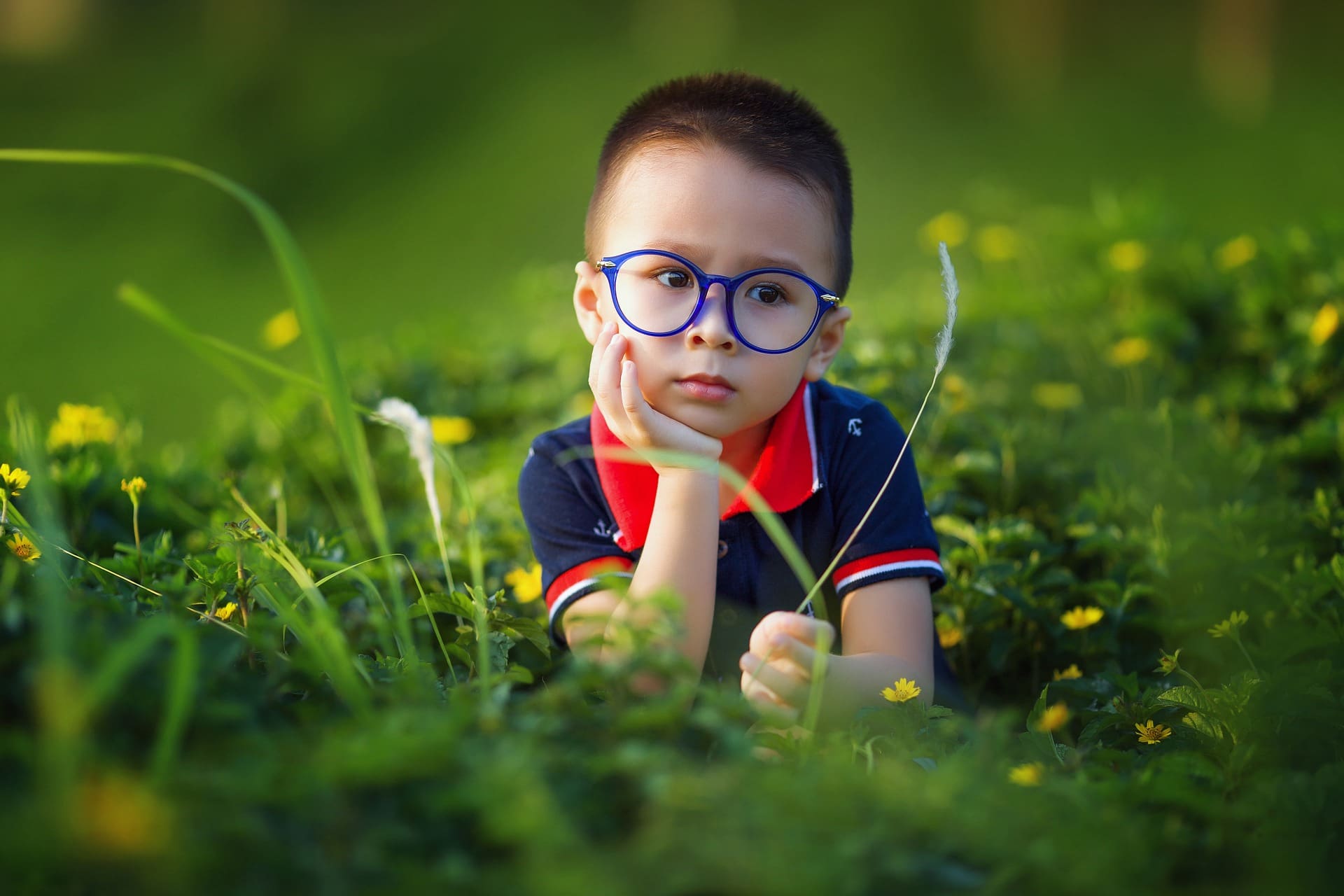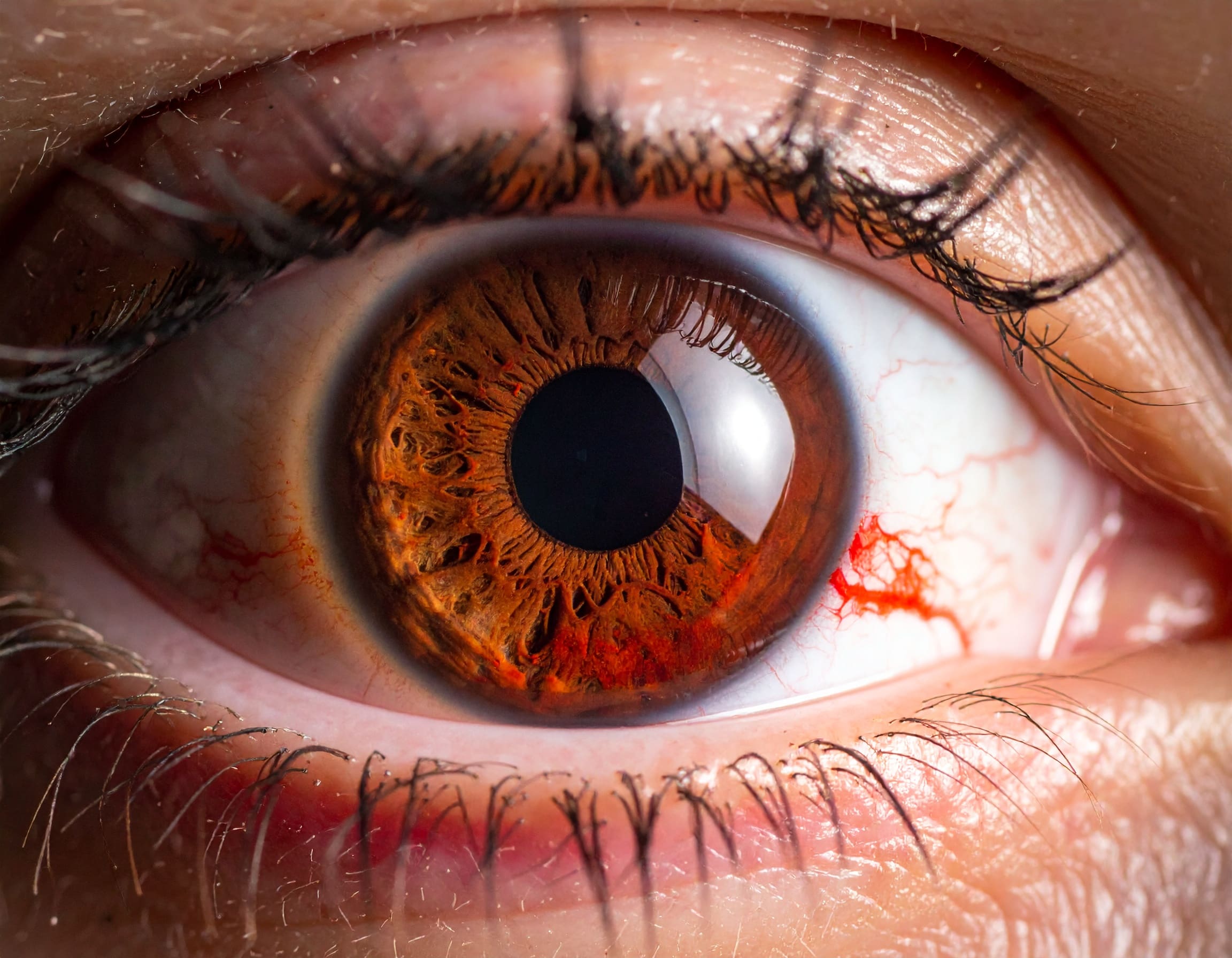What is myopia?
Hey there, super-parents! Have you ever seen your kids glued to the tablets, computer screens, or television? Is the distance between the device and their faces decreasing gradually? If you said, “maybe,” or “all the time,” you’re likely wondering what it means for their eyes. As parents, you must prioritize your child’s overall well-being and maintaining their eye health is no different. With myopia concerns increasing day by day, parents and kids both need to be proactive and well-informed because the younger the kids are, the faster the progression of myopia (nearsightedness).
How serious is myopia, and what you can do about it? Let us find out.

Faraway objects appear blurry. The condition may develop gradually or rapidly.Usually self-diagnosable, but you can also see an eye doctor to confirm the diagnosis and take the best care of your kids.
Your kids might experience:
Visual: Blurred vision or distorted vision
Eyes: Squinting, frequent blinking, covering one eye, or eye strain
Also common: Headache and a lack of interest in distant activities
Posture: Sitting closer to screens or classroom boards
If your kid exhibits these signs, consult an eye doctor for effective management and potentially slow down myopia’s adverse effects.
Did You Know?
The younger the kids are, the faster the myopia progression is. Myopia is on the rise, and the reason for its escalation has been linked to two factors:
- Genetics
Children with one or two myopic parents are more likely to be myopic. It is nature’s way of passing on traits in families. But it also means that such children must be monitored more closely for early signs of myopia.
- Lifestyle
Today, knowledge and entertainment are at your kid’s fingertips. It has increased the time your kids spend on close-up activities like reading or using handheld devices. This decreases the time they spend outdoors, which becomes a significant contributor to the rising cases of myopia.
Eye Check-Ups Are Important.
Your kids are living in a world filled with digital doodles, virtual classes, and endless hours of screen-binging. With all of its perks, the digital age has its own concerns. While family genes may be the primary culprit, increasing screen time and decreasing outdoor time are sneaky accomplices, and these lifestyle changes cannot be ignored. Despite all this, if you still have not taken your kid for their eye check-up, you could risk their eye health. It is easy to dismiss minor inconveniences such as blurry vision occasionally, but it can escalate quickly if not addressed timely. Regular eye exams can spot any issues before they turn severe. Beyond spotting blurry vision or eye redness, these checks are like spa days for the eyes, ensuring your kids’ eyes are in tip-top shape.
Why Outdoor Activities Matter?
There is more to outdoor activities than just fun and games. Sunlight and time spent outdoors have been linked to reducing the chances of myopia in children. Who knew that playing tag and chasing butterflies could be a secret weapon against myopia in kids?Engaging in outdoor activities allows your kids’ eyes to focus on distant objects, giving them a much-needed break from close-up tasks. Outdoor time is not just about cutting down screen time but also about encouraging children to play, explore, and experience the world outside the screens. It is definitely a worthy eye workout!
Doctor-Recommended Solutions for Myopia in Kids
IF CAUGHT EARLY, the good news is that we have the treatments to slow down or even stop myopia progression in kids. Learn more
- Eyeglasses or contact lenses can slow the progression of myopia in kids.
- A proper reading environment also helps to keep the condition in check.
- MiSightis a daily disposable single-use lens and is the first and only contact lens FDA-approved to slow the progression of MYOPIA!
- Ortho-Khas been shown in studies to slow down myopia progression. Ortho-k is FDA-approved for vision correction overnight. It is an off-label treatment for myopia progression.
- Low-dose atropineis a pharmaceutical drop used to slow down myopia progression. Atropine has been shown in multiple studies to be very effective in slowing down myopia progression; it is still considered an off-label treatment.
While these solutions can help prevent the rapid progression of myopia in kids and associated complications, discussing your options and tailoring a plan for your child’s needs with our eye care professionals is a great option.
The Next Step? Let’s Tackle Myopia Together!
As super parents, it’s always your mission to safeguard your kid’s precious peepers. Understanding the factors contributing to myopia and recognizing the early signs can make a significant difference. Regular eye examinations, encouraging outdoor activities, and limiting screen time are all essential.
If you need professional assistance, we’re right here. With us on your and your kids’ side, those blurry horizons won’t stand a chance. Equipped with the right knowledge and backed by expert care at Maple Grove Eye Doctors, you can ensure a bright and clear future for your child’s eyes.






